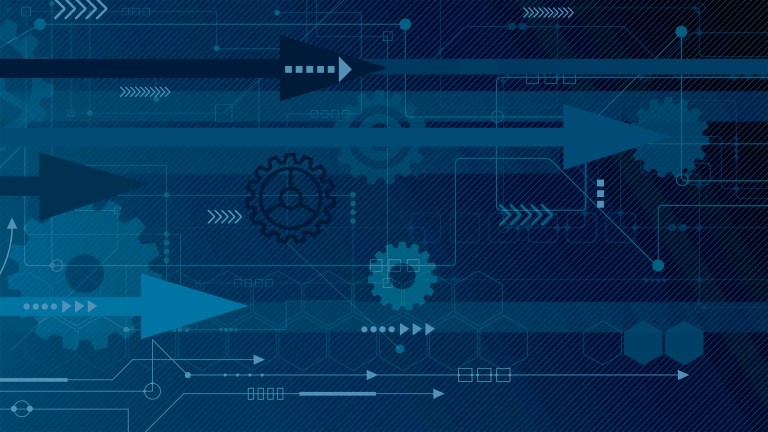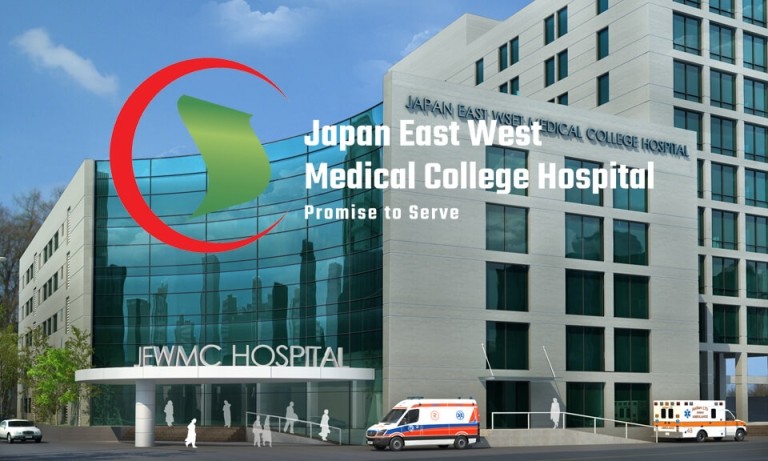
The Importance of a Dependable Network for Patient Care
We’ve all been there—network failure, loss of connection, the internet browser won’t load. When your network takes an unexpected hiatus during your day-to-day use, it is a frustrating situation. Imagine if your network stopped working while documenting hours’ worth of patient care, or worse, at a critical moment in an emergent situation. The emergence of electronic-based documentation and medical records has streamlined the healthcare industry, but what happens if a technology glitch renders those systems useless?
With Great Technology Comes Great Responsibility
If your healthcare career began before the early 2000’s, you learned patient documentation on a folding paper flow sheet, complete with a legend at the bottom of each page listing the acceptable medical abbreviations, and signature lines for each care provider who documented in that chart to initial and sign. Over the past two decades, paper flow sheets have been replaced with electronic charting systems, the handy abbreviation legends replaced with drop-down boxes that display a selection of appropriate documentation. Efficiency, from both a productivity and a document storage standpoint, has definitely upped its game in the last twenty years as healthcare systems have universally moved to online recording of patient information. Patient records are now at the provider’s fingertips; with a few clicks of a mouse, an entire patient history appears.
As amazing as this development is for healthcare providers, any interruption is troublesome. Recovering patient information is no longer as simple as flipping back a few pages in a paper chart. With the reliance on technology to manage patient care, the loss of a system’s network could directly affect patient outcomes.
The impact of a network failure could be as simple as appointments being lost, or as serious as delayed interventions and treatments. A network failure could prevent access to patient information, test results, previous documentation, and even app-based communication with other members of the care team.
A hospital network failure could be catastrophic. A delay in care due to network failure in the middle of life-saving procedures or surgery or active labor could result in anything from errors in treatment, to an interruption between care providers and other necessary departments such as pharmacy, radiology, rapid response team, or a host of other resources the care team depends on. In a critical situation, it is imperative that all patient information is available to providers.
Critical Communication
Working in healthcare is a team effort. There are many players on the team caring for patients – physicians, nurses, and patient care technicians provide direct patient care, social workers support the patient and family, administrative staff manage the complexities of hospital admission and insurance. The list of players involved in this team is extensive, and the teamwork necessary to meet patient’s needs hinges directly on the ability to communicate effectively.
Electronic medical records are the main source of communication for the team. The record is full of information beyond the patient’s vital signs and medication schedule. Care team members are responsible for their portion of the medical record, and if parts of that record are unavailable, communication breaks down and patient care suffers.
The Network is Part of the Team
With the reliance on technology in all aspects of delivering healthcare, it has never been more important to have a reliable network and a strong team of information technology experts to assist in providing network coverage.
Allied Telesis partner with many healthcare providers all around the world to enable superior healthcare network solutions. Our innovative network technologies like Autonomous Management Framework (AMF) for wired devices, and Autonomous Wave Control (AWC) for wireless devices, enable networks that are resilient, self-managing, self-healing, and self-defending – to ensure always-on access to patient records and other online systems and applications.
Our medical solutions support busy healthcare providers with easy and reliable access to medical information whether from an office or from a mobile device anywhere around the premises at any time.
Contact us to be sure your healthcare network is up to the task of supporting the team.
Related



